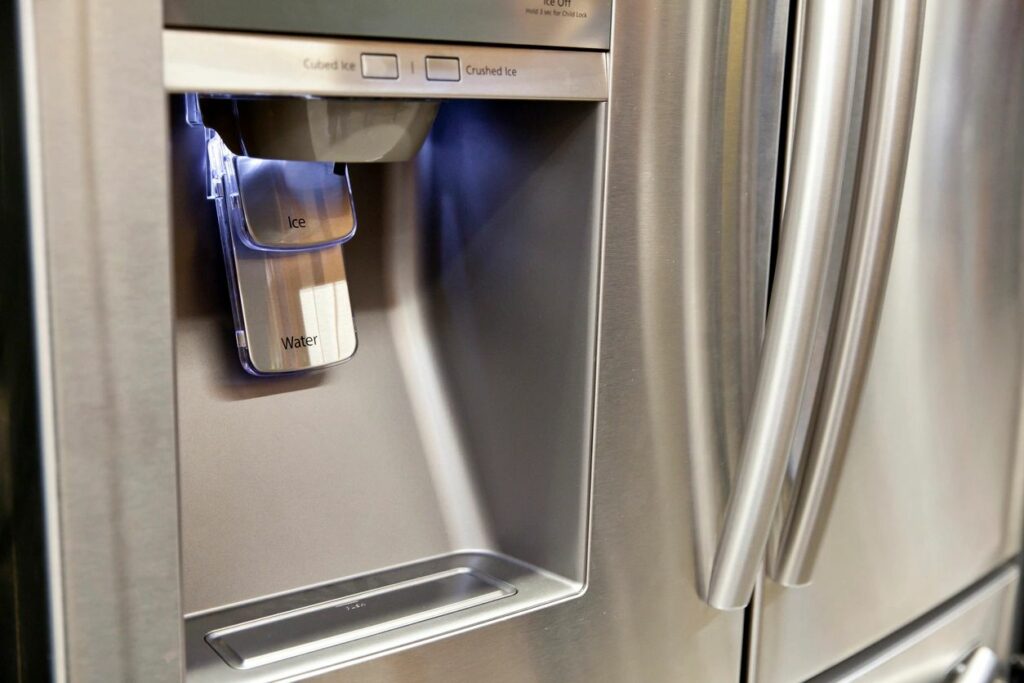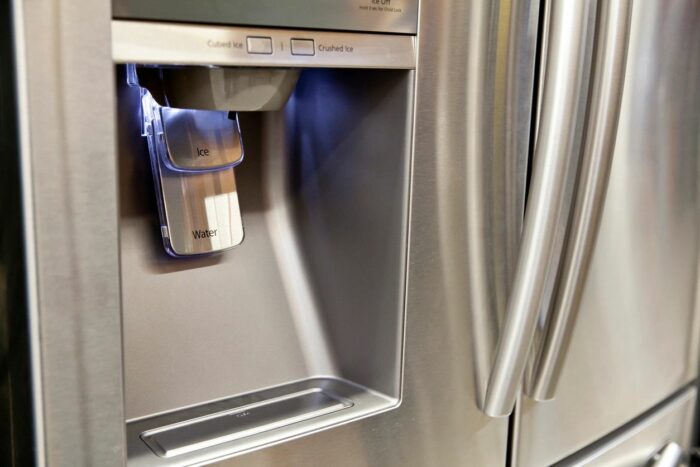
What You Need To Know About Commercial Refrigerators
When it comes to storing food items you’ll use in your menu preparation, the most important thing is to keep them cool. Proper refrigeration is an important aspect in any food service business. Own a food truck? A diner? A five-star restaurant? Regardless of the kind of food business you are involved in, the right refrigeration systems can help preserve your food items at the right temperatures, prevent food wastage, protect taste and quality, and prevent food poisoning outbreaks. If you’re still unsure about investing in commercial refrigerators, this article might help you by providing you all the necessary information you need about them.
What Size of Commercial Refrigerators To Get?
Before you go out to buy commercial refrigerators for your professional kitchen, you first need to consider how big or small you need it to be. Simply put, you need to decide what size refrigeration system you need.
There is no equipment more valuable—or more expensive—than commercial refrigerators, especially if you work in the food service industry. Think about the amount of food items you store in your walk-in cooler or freezer. And because of that you want to make sure you get the right system for your business. If you buy a fridge that is too small for your space, the machine will wear itself down trying to keep up. On the other hand, if you purchase a fridge that is too large, it may consume too much power and you’ll end up spending a lot of money on your electric bills instead.
So what’s the right method when it comes to finding the right refrigeration system for your kitchen?
The first step is to evaluate the kind and size of room you will have to refrigerate. Once you have an idea of your fridge’s length, width, and height is, you need to estimate the temperature level you want to maintain in the room (of course this depends on what items you will be storing and on existing health regulations as well). In addition, you need to consider relative humidity and temperatures in your area during certain season such as summer. The warmer the location, the more pressure your refrigeration system needs.
Once you have the measurements all figured out, you’ll also want to consider the building’s insulation capacity, including the thickness of the insulation as well as the external temperatures that affect the room. This is particularly important if the unit is on an exterior wall.
Last but not the least, you also need to consider the forces that influence temperature control. For example, how many doors are there to commercial refrigerators? What air will enter the room once you open a door? Is it only air from inside the kitchen or does the area also have an exterior door for food delivery? Even a small door to the outside can significantly influence the room’s interior temperature.
What Products Will You Be Storing in Your Commercial Refrigerator?
Cooling an empty room is one of a commercial refrigerator’s functions. But, you must also consider the item or products you are storing in it. Will you be using commercial refrigerators mainly for cooling produce such as fruits and vegetables? Or will you be storing meats and dressings instead? What if you’ll be storing a mixture of both? How long will it take you to store all those items into the space?
Finally think about how often the door will be opened by employees and workers looking for food items or products. If your kitchen has several smaller refrigeration units, then there won’t be a lot of visits to the main walk-in refrigeration unit. But, if your commercial refrigeration system serves as your main or ONLY food storage unit, you can expect more traffic in the room. This means the machine will work harder to control the temperature.
Why Finding the Right Size Matters
While your refrigeration system can save you money by reducing food waste, simply running it consumes a lot of power and thus you end up spending more money in the end. This is why it’s important to find the right refrigeration options for your needs. When you install commercial refrigerators that are too large for the space, you’ll end up paying money to cool an empty space and weigh down your all-too-narrow bottomline. But if you install a refrigeration system that’s too small, you’ll end up wasting money on product waste. The margin for error is small and you need a lot of comprehensive resources to help you analyze what your needs are. The more you understand and have a clear idea of what you want, the easier it will be to get the refrigeration unit that works best for your business without wasting unnecessary space.
Finding The Best Commercial Refrigerators for Your Kitchen
When it comes to your refrigeration system, you want to make sure you’re getting only the best of the best. There are a lot of websites you can use as a guide to help you in your quest for the right commercial refrigerator. You can start by taking a look at some of the top producers of commercial refrigerators today. You can learn more about their products and the features that might interest you as well. You can also explore different refrigeration options you may not have heard of. When you do your research well, you’ll be able to find the perfect refrigeration system for your kitchen; you may even find something more than you’ve expected.
Conclusion
In order to build up your restaurant or food business, you need to invest in a good refrigeration system and organize your inventory well. It seems futile to invest in walk-in commercial refrigerators and use half of it on storing soft-serve ice cream or sodas. This sounds unwise but stuff like this still happens everywhere, due to poor planning. If you don’t use your refrigeration system properly, you’ll only end up damaging or decreasing its efficiency. And so, it is extremely important that you do your research before you decide to invest in one, especially that commercial refrigerators are not cheap.










